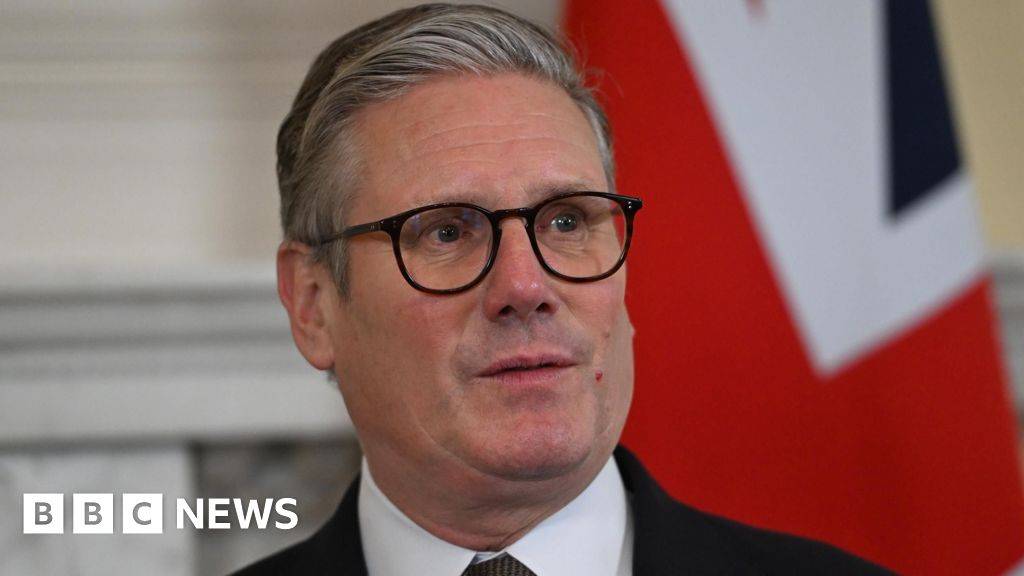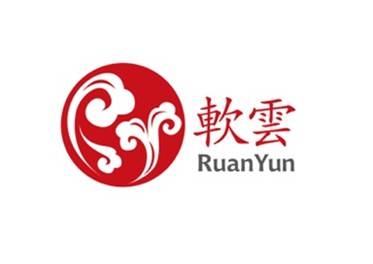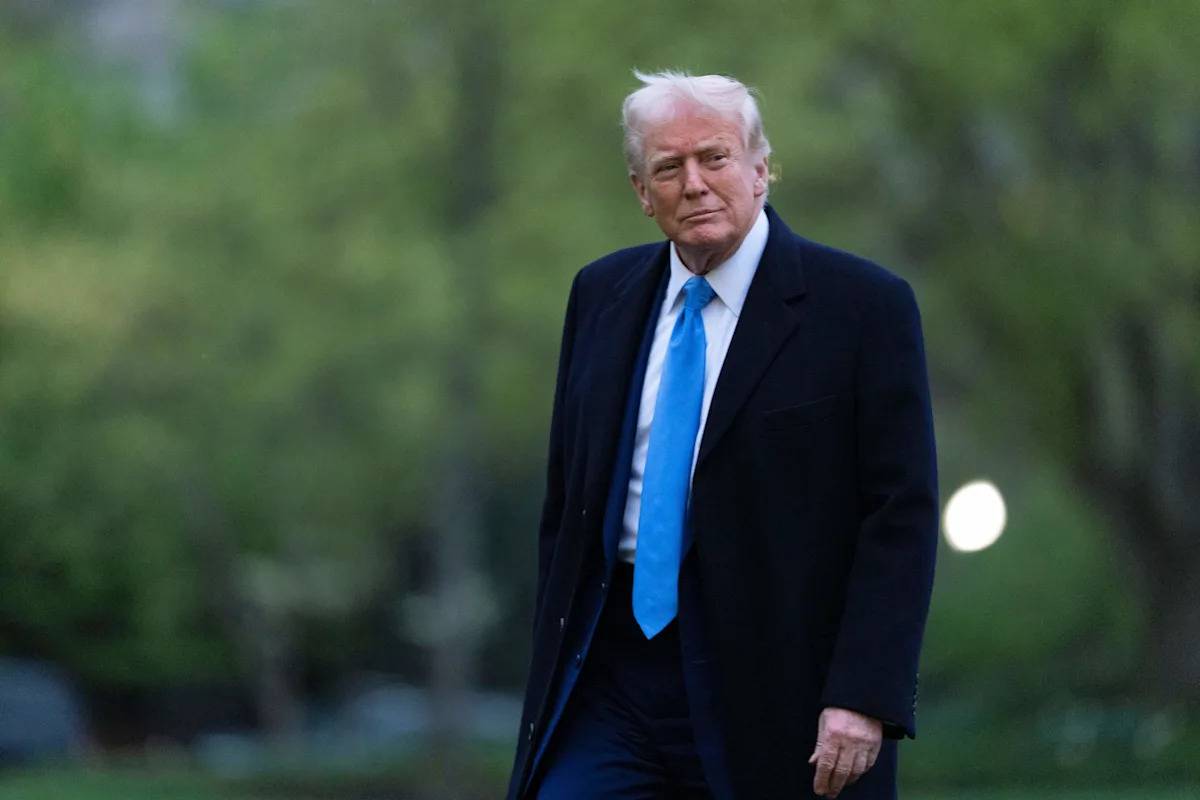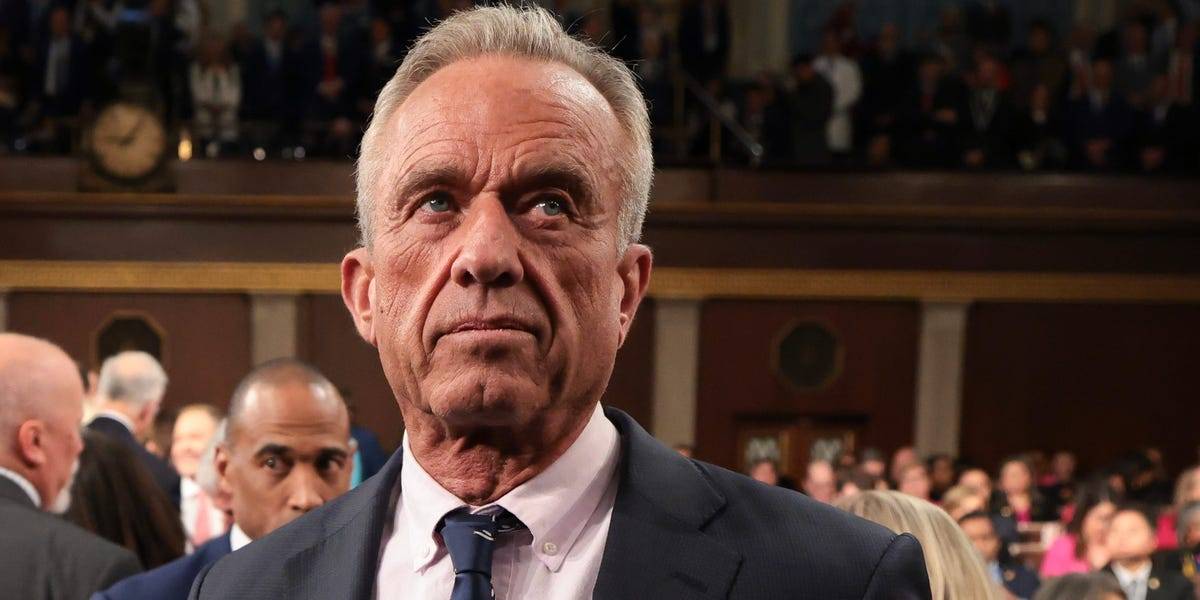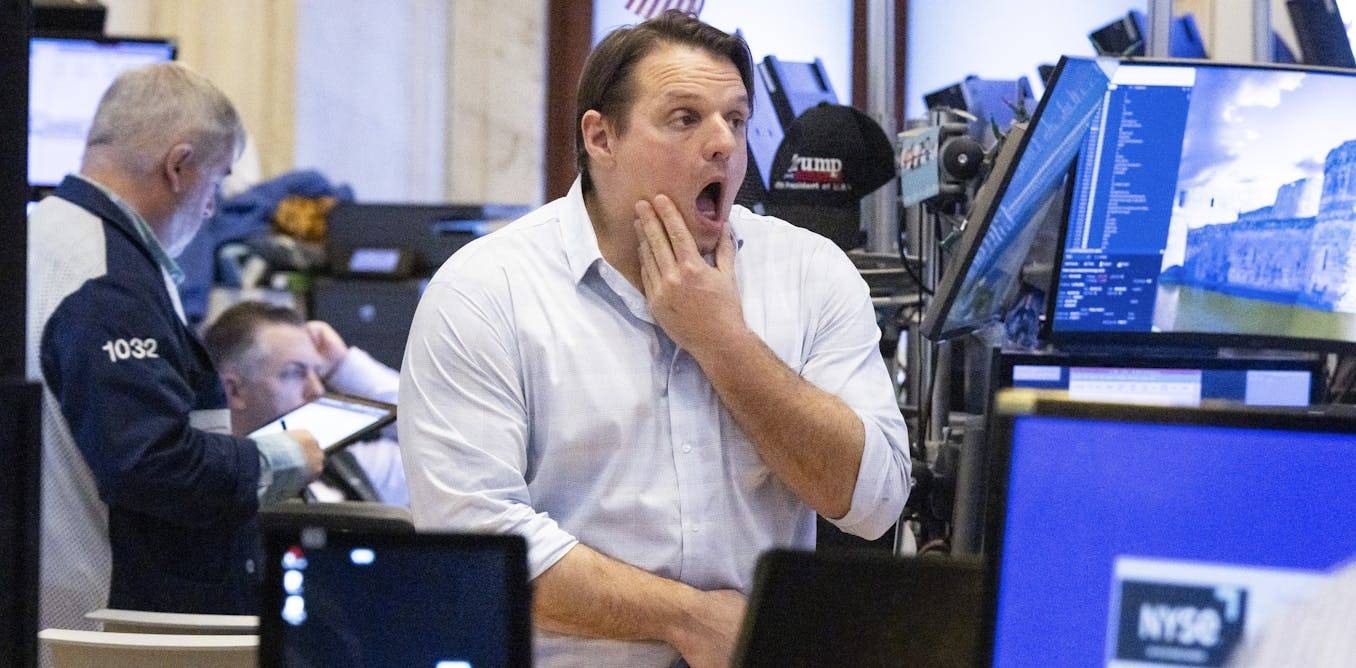In the wake of Donald Trump’s sweeping tariffs on international goods, UK Prime Minister Sir Keir Starmer has pledged to protect British businesses from the economic fallout. The tariffs, which include a 10% levy on goods from the UK and a 25% tariff on foreign car imports, pose significant challenges for British exporters, particularly in the automotive sector. Jaguar Land Rover, for example, has paused shipments to the US to address the new trading terms and develop mid- to long-term strategies for mitigating the costs.
Starmer’s approach emphasizes the use of industrial policy to shield British businesses, focusing on improving domestic competitiveness and maintaining calm in negotiating a favorable trade deal. These measures are seen as crucial in defending national interests during what many perceive as a new era of protectionism sparked by Trump’s policies. However, the broader economic environment is increasingly volatile, with warnings of a potential global recession arising from these trade tensions.
In addition to the tariffs imposed by the US, the UK has its own trade policies and safeguards in place. For instance, the UK Trade Remedies Authority has been reviewing and extending steel safeguards, which involve tariff rate quotas to protect domestic producers from increasing import volumes. This mechanism allows a certain quantity of imports to be tariff-free, with a 25% tariff applied once the quota is exceeded.
The implications of these trade measures are multifaceted, involving both immediate financial impacts on businesses and long-term adjustments to the global trade landscape. Starmer’s stance reflects an attempt to navigate this complex terrain while advocating for free and open trade, a stance that contrasts with the protectionist trends seen in Trump’s policies.
In terms of market impacts, the UK’s FTSE-100 index experienced its worst one-day drop since the start of the COVID-19 pandemic following Trump’s tariff announcements, highlighting the volatility and uncertainty these policies introduce into global markets. Financial institutions like Barclays have also responded by revising their economic growth forecasts downward, reflecting the potential dampening effect on trade and investment.
The broader context suggests that the ongoing trade tensions are part of a larger shift in global economic dynamics, with countries increasingly seeking to protect domestic industries through tariffs and trade safeguards. This environment poses significant challenges for businesses, policymakers, and economic analysts, who must navigate complex economic and political landscapes to predict future trends and make strategic decisions.
To mitigate these challenges, the UK government’s strategy to enhance industrial policy and competitiveness is critical. By supporting affected sectors and promoting competitiveness, policymakers aim to ensure that British businesses remain resilient in the face of protectionist trade policies and global economic instability. The success of these measures will depend on careful planning, coordination with international counterparts, and the ability to adapt to rapidly changing global trade conditions.
In conclusion, the current trade environment underscores the importance of flexible economic strategies, robust international cooperation, and adaptive business practices to navigate through the uncertainties posed by tariffs and trade safeguards. As the global economy adjusts to these changes, stakeholders will need to monitor developments closely and be prepared to respond to evolving trade policies and their economic impacts.

